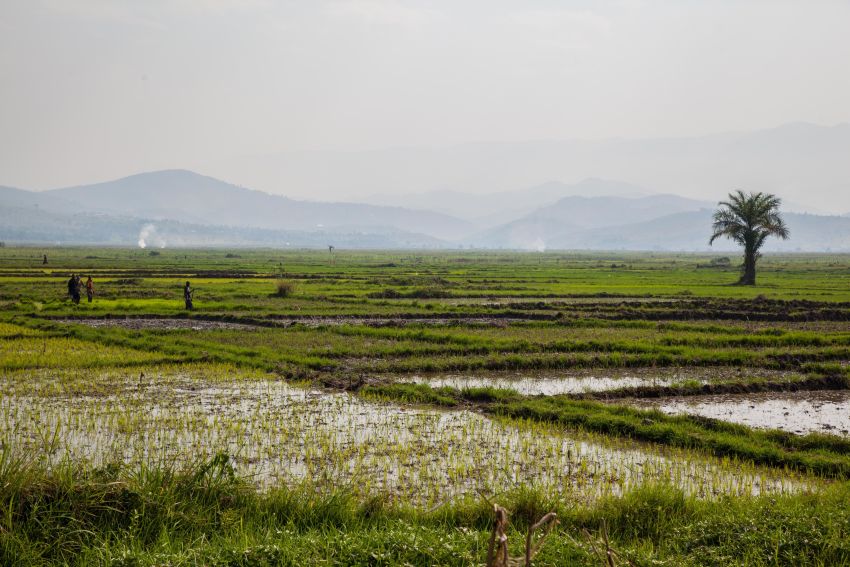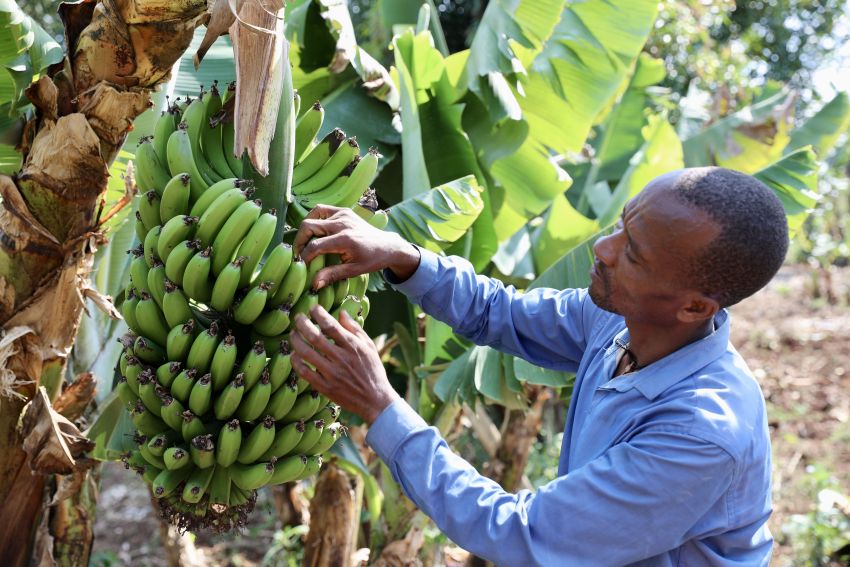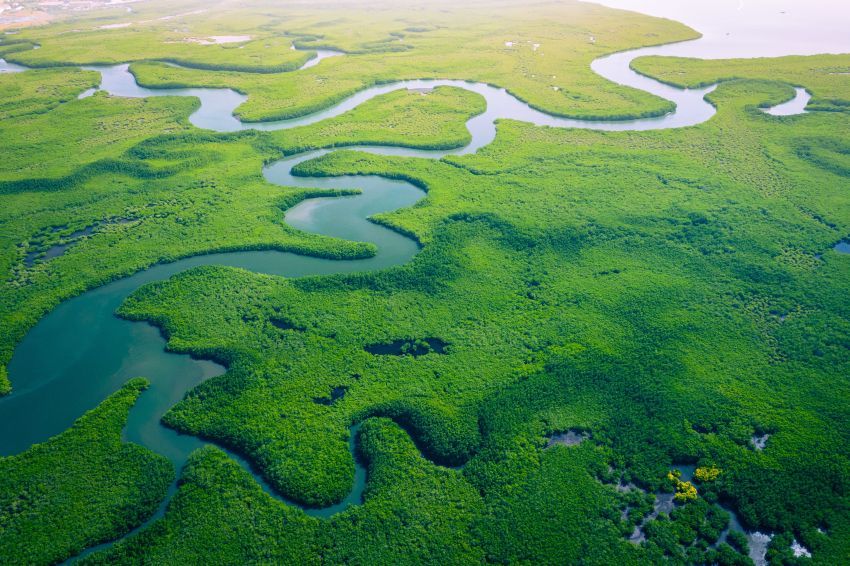The loss of biodiversity and ecosystem services is a development issue, often impacting the poorest countries the most. Nature does not need us, but we need nature, yet these services are often undervalued and unaccounted for in development planning.
Consider what is at stake: more than half of global GDP is generated in industries that are highly or moderately dependent on ecosystem services, such as pollination, water filtration, and raw materials.
Over 3 billion people depend on marine and coastal biodiversity for their protein intake and livelihoods; but 90% of global marine fish stocks are now fully exploited or overfished.
More than 75% of food crops rely on animal pollination; but over 40% of known insect species have declined in past decades.
In fact, 14 out of 18 categories of ecosystem services assessed by the Intergovernmental Science-Policy Platform on Biodiversity and Ecosystem Services have declined since 1970.
Sub-Saharan Africa and South Asia could lose 9.7% and 6.5% of their real GDP respectively if key ecosystem services collapse.
The risks associated with the global decline of nature have the potential to negatively impact economies, especially in low- and lower middle-income countries. Recent World Bank research estimates that even a partial collapse of ecosystem services would cost 2.3% of global GDP in 2030, while Sub-Saharan Africa and South Asia could lose 9.7% and 6.5% of their real GDP respectively if key ecosystem services collapse. The Dasgupta Review shows that the stock of natural capital has declined by 40% per capita over the period from 1992 to 2014.









Add new comment